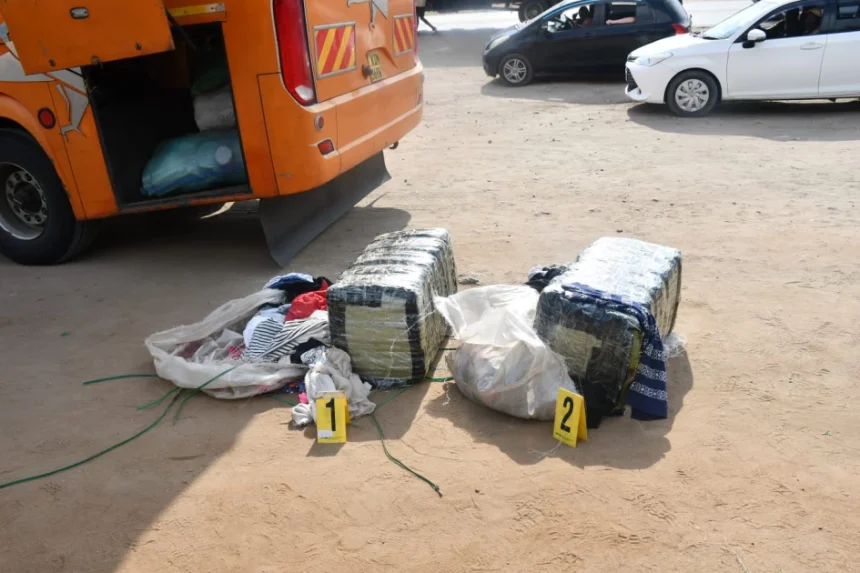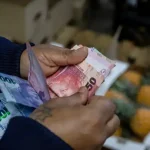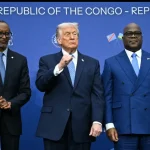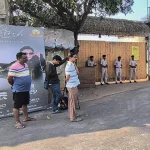The recent drug bust on a Lamu-bound bus did more than just seize illegal narcotics; it pulled back the curtain on a disturbing new frontier for drug traffickers in Kenya. The use of Mtumba—the ubiquitous second-hand clothing bales that clothe a significant portion of the nation—as a concealment method marks a dangerous evolution in smuggling tactics and poses a complex challenge to national security.
Why Mtumba? The genius of this method, from a criminal standpoint, is its sheer banality. Mtumba bales are bulky, densely packed, and notoriously difficult to search thoroughly without causing significant disruption. They are a staple of cross-country public transport, moving in high volumes from major urban centers to remote towns. By hiding bhang within these innocent packages, traffickers bet on their cargo blending seamlessly into the background noise of commerce. This exploitation of a legitimate and essential trade is what makes the scheme so insidious.
This incident forces us to confront several uncomfortable realities. Firstly, it suggests a level of organization and insider knowledge within criminal networks. Someone understood the logistics of the Mtumba trade and the operational patterns of bus companies well enough to exploit them. Secondly, it places an additional burden on law-abiding traders and transport operators. Bus crews and Mtumba sellers now risk being unwittingly entangled in drug trafficking, and increased police scrutiny could hamper their legitimate businesses.
For law enforcement, the game has changed. This bust is a credit to their work, but it also signals the need for new, more intelligent screening protocols. It is impractical and economically damaging to search every Mtumba bale on every bus. The solution, therefore, lies in enhanced intelligence-gathering, the use of sniffer dogs at key checkpoints, and stronger collaboration with transport SACCOs and traders’ associations to identify suspicious shipments.
Ultimately, this is more than a crime story; it’s a social one. The Mtumba trade represents resilience and entrepreneurship for millions of Kenyans. To see it tarnished by the drug trade is a collective blow. This bust should serve as a catalyst for a broader conversation about the innovative strategies of drug cartels and the multi-faceted approach required to protect our society and its legitimate economies from their corrosive influence.










